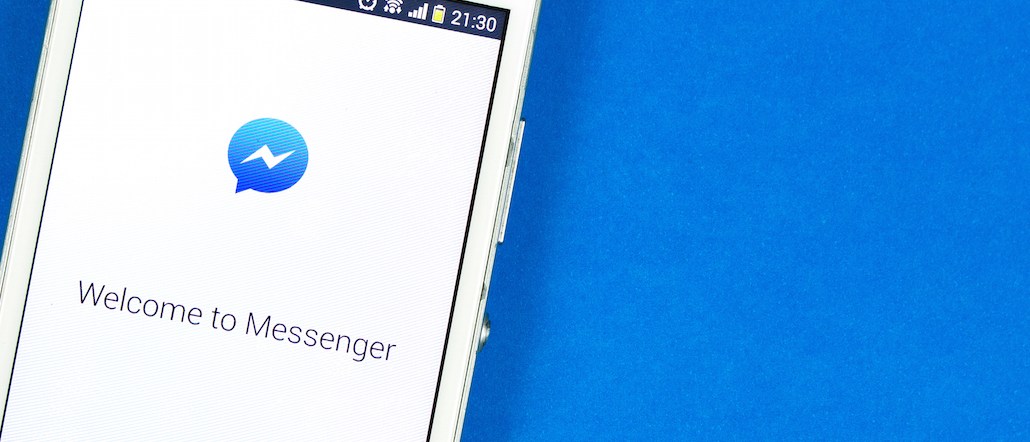
Facebook’s workaround of chatting on its mobile website rather than downloading Messenger is coming to an end.

The social network is beginning to block users from using the messaging tab on Facebook’s mobile website and is forcing them to download Facebook Messenger. “Soon, you’ll only be able to view messages from Messenger,” a stern warning reads encouraging people to download Messenger.
Facebook’s strategy of blocking people from messaging on mobile mirrors its move two years ago when it disabled chatting on its flagship Facebook app, again pushing people to download Messenger. At the time, Facebook explained the point of doing this was to give users a “better experience” when chatting and is offering the same explanation this time around.
“Since 2014, we’ve worked hard to make Messenger the best way to connect with the people you care about by adding video calling, conversations with businesses, gifs and much more. Messenger helps messages load about 20 percent faster and enables richer interactions,” Facebook explained.
“BS move. Apparently users’ preference don’t matter,” one angery user tweeted. Another person sarcastically tweeted: “How very sweet + ultra lucrative for Facebook to disable messaging in its mobile web app to push ppl to Messenger.”
While chatting on Messenger is speedier compared to its archaic-feeling mobile website, Facebook’s real reason is to push people to another app that it can make tons of money off of. The app has 900 million monthly active users and growing, and is consistently being updated with new chatbots, video calling and even 1,500 new emojis.
More in Media

In Graphic Detail: The scale of the challenge facing publishers, politicians eager to damage Google’s adland dominance
Last year was a blowout ad revenue year for Google, despite challenges from several quarters.

Why Walmart is basically a tech company now
The retail giant joined the Nasdaq exchange, also home to technology companies like Amazon, in December.

The Athletic invests in live blogs, video to insulate sports coverage from AI scraping
As the Super Bowl and Winter Olympics collide, The Athletic is leaning into live blogs and video to keeps fans locked in, and AI bots at bay.






